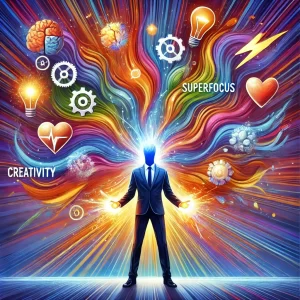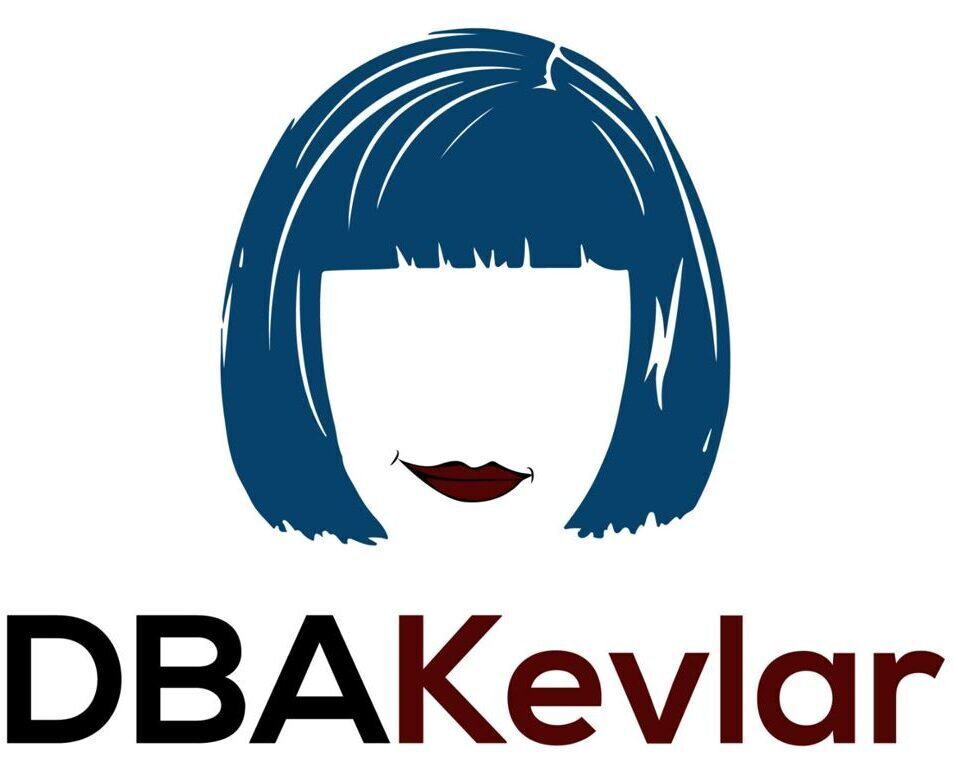I’ve just returned from Data Saturday Oslo and Data Saturday Dallas, and tomorrow I’m off to Oracle Cloud World. Both Data Saturday events were amazing, even with the little hiccup of my lost luggage in Oslo. The experience was made even better by the incredible gluten-free options provided by my gracious hosts—special thanks to Johan for that!
At the Dallas event, in addition to presenting on the benefits of leveraging instant extracts with Azure Fabric, I led a session on thriving with ADHD. The room filled up quickly, and while some may have been surprised by the large turnout, I wasn’t at all.
As I highlighted in my presentation, research suggests that up to 40% of employees in technical roles within IT show some degree of ADHD tendencies. As awareness grows and the stigma fades, more people are coming to terms with the idea that ADHD isn’t necessarily a mental disorder but a different way of thinking. Some individuals are:
- Getting formally diagnosed and, when necessary, seeking treatment to overcome challenges.
- Self-assessing and pursuing support through formal or informal channels.
- Exploring their tendencies but opting not to label themselves, simply embracing the knowledge and moving forward.
Each of these paths is completely valid, and it’s important to acknowledge that. I’m often surprised when people refer to ADHD as a disorder. Personally, I see it as my superpower.
 Like everything else, it has its challenges, but it also brings great advantages—and I focus on maximizing those!
Like everything else, it has its challenges, but it also brings great advantages—and I focus on maximizing those!
In my session, I discussed some of the research data behind ADHD, but then identified those challenges some people might be facing and ways to overcome them. If you’re interested, the link to the slide deck is here.
What I would like to discuss today is little known strengths ADHD/AuDHD (autistic/ADHD combined) individuals bring to the table.
Adaptability and the Techie
Since we rely on dopamine hits to keep our brains engaged and focused, those of us with ADHD are naturally suited for technology. The tech industry is constantly evolving, offering a wide range of challenges that align with our shorter attention spans. Agile development, DevOps automation, and even innovations like cloud computing and AI help remove the more repetitive parts of our jobs. In this fast-paced environment, having ADHD can actually be an advantage, which most likely explains why so many excel here!
Calm in Chaos
Although small changes to our daily routines or favorite foods can sometimes overwhelm us—especially if you’re AuDHD—when it comes to an IT disaster, we’re the calm ones in the room. While others may panic, we stay composed, making clear and rational decisions. In high-stress, fast-paced situations, our brains thrive. We naturally focus on the challenge, guiding the team through the crisis and helping everyone succeed.
High Energy and Enthusiasm
Even introverts with ADHD can sometimes seem like extroverts because of their high energy and enthusiasm. Unless someone feels completely discouraged by their ADHD, most tend to be upbeat about life. They’ve realized that tedious tasks are challenging, so they approach things with extra energy compared to the average person. This can be a great asset in group or team settings, but don’t be surprised if they get overwhelmed in large groups and need some downtime afterward.
Deep Sense of Right vs. Wrong
Many people with ADHD have a strong sense of morality, which is often independent of their religious beliefs. They shouldn’t be confused with one another. It’s common to see them standing up for people they barely know and rejecting things that don’t make sense to them—even if it’s something they were raised with culturally. Expect them to hold strong opinions on issues like discrimination, dishonesty, insincerity, and unfairness.
ADHD is linked to a more dominant right brain, which can result in a heightened sense of fairness based on logic rather than upbringing. For those with ADHD, behavior and decisions need to make sense and lead to a positive, fair outcome for everyone involved. If something feels unjust or irrational, it’s hard for them to support it—or even pretend to.
Reading the room/Reading People
Many neurodiverse individuals are often seen as struggling with social cues, but in reality, most have heightened intuition and empathy. These strengths helped us navigate the complexities of human interactions while growing up and often evolve into a remarkable ability to read rooms and understand people. Friends, peers, and managers may come to rely on this skill. However, be cautious when using it in larger group settings. As mentioned earlier, noisy environments with more than 25 people can often feel overwhelming for us.
These are just a few of the lesser-known “superpowers” that I’ve recognized in myself and my neurodiverse friends. Have you noticed any others that could be linked to ADHD?
If you’re interested in this topic, October is a celebration of Neurodiversity and the Data Platform DEI group is having a virtual event, Neurodiversity Day on Oct. 3rd with sessions all day on neurodiversity in tech.
Consider registering here!

One comment on “ADHD and Tech”
Comments are closed.